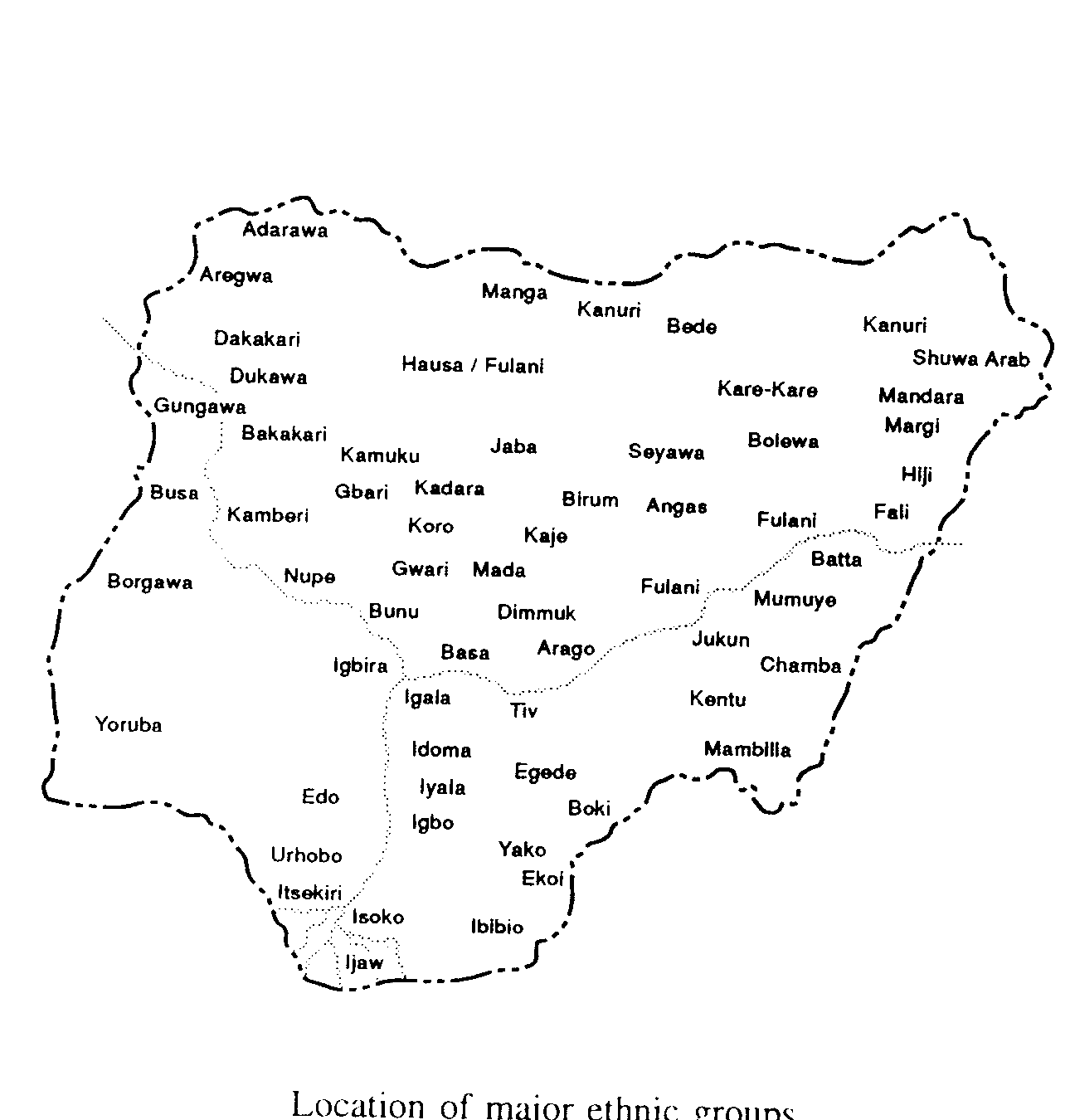
LITERATURE SYLLABUS 2023
SAINT-DENIS INTERNATIONAL SCHOOL
BACCALAURÉAT FRANÇAIS, OPTION INTERNATIONALE (OIB) AMÉRICAINE
SYLLABUS FOR THE LANGUAGE/LITERATURE EXAMINATION
_____________________________________________________________________________
A total of ten texts will be studied for the examination reflecting diversity in ethnic background and gender. Six texts (core) will be studied in common by all candidates. The remaining texts will be chosen freely by individual sections/schools. The Tempest will be the in-depth (oral) text studied in common by all schools. The remaining two in-depth texts will be chosen freely by each section/school from the novel and poetry category.
The following are the texts:
- One Shakespeare play: The Tempest ** (CORE) (specify edition)
- Two 19th-/20th-/21st-century English-language works of prose fiction:
- a) The Handmaid’s Tale by Margaret Atwood (CORE; American)**
- b) The Picture of Dorian Gray by Oscar Wilde
- Two English-language playwrights:
a.) Intimate Apparel by Lynn Nottage (CORE; American)
b.) Sweet Bird of Youth by Tennessee Williams
- Two English-language poets:
a.) Core Poetry: A selection of 8 poems (CORE; American) :
Adriene Rich
Twenty-One Love poems: III, VII, XVII
Snapshots of a Daughter-in-law: 1
Emily Dickinson
Hope is the thing with feathers
I felt a funeral in my brain
I’m wife
After great pain, a formal feeling comes
b.) A selection of 8 poems by Robert Frost (specify titles)**: An Unstamped Letter, Birches, Reluctance, Stopping by Woods, The Road Not Taken, The Tuft of Flowers, The Wood Pile, To Earthward
- Two Works of World Literature (which may be in translation):
- Things Fall Apart by Chinua Achebe (CORE)
- Love in the Time of Cholera by Gabriel García Márquez
- One English-language non-fiction work:
a)Between the World and Me by Ta-Nehisi Coates
updated November 2018 ** works in-depth (for oral examination)
A BRIEF EXPLANATION
The literature syllabus includes 10 works of literature, written in English or translated into English, in the American tradition of teaching American English and World Literature.
Candidates’ knowledge of this syllabus is assessed by a 4-hour written examination comprising essay topics as well as a prose passage and a poem on which the candidate may choose to write a commentary.
In addition, there is a 30-minute oral examination consisting of an oral commentary on taken from one of the three in-depth works, followed by a general discussion between the candidate and the
examiner of the remaining works.
You will be graded on the following skills:
U Your understanding of the text/ideas on the text and your ability to have deep and
original thoughts and interpretations.
S Your ability to explore texts to identify and appreciate style / literary features and show how they contribute to a deeper meaning.
L Your knowledge of the syllabus works as a whole and your ability to make thematic and stylistic links and connections across texts.
A The ability to use well-chosen evidence to argue and prove your interpretations with clarity, coherence, fluidity through a persuasive structure (both orally and in writing).
F Your ability to speak and write clearly using fluency and sophistication.
Examples from the written examination:
- How far and in what ways do the endings of two works you have studied offer a sense of closure? Refer to two works on your OIB syllabus.
- Discuss how two writers on your OIB program use climactic moments to emphasize key ideas in
their works.
3.Characters in literature are sometimes presented as unable to accommodate themselves to changes,
either in themselves, in their family, or in their societies. Explore how two or three authors deal with
this subject. (NOTE : ONLY TWO WORKS SHOULD BE USED.)
- Have tragedies you have read presented a glimmer of hope ? Discuss in terms of two tragedies.
- Justice, whether human or divine, is often a subject treated by authors. Discuss in terms of two
works you have read.
6.Most literary works show evolution in a character due to various causes. How do two writers you
have studied deal with the theme of transformation ?
- Often the point of view of the narrator casts its own perspective upon the events in a work of
literature. Discuss how the literary device of point of view influences the reader in two works you have studied in the OIB program.
- Works of literature can be a protest against the injustice done to women in patriarchal societies. Discuss, referring to two works you have studied.
Deroulement of the Oral Examination
Candidates are given a passage by the examiner of not more than 40 lines from one of their three works in depth: The Tempest, The Handmaid’s Tale or Robert Frost poems.
This passage is prepared in a room with other students where ID cards and convocations are checked. No personal notes, cell phones or dictionaries are available. The student prepares the first half of the oral, situating the passage in the work as a whole, analyzing it thematically and stylistically and linking it to two other works on the syllabus.
After 30 minutes the examiner takes the candidate to the exam room where the student is invited to read a part of the passage and to speak for at least 10 minutes uninterrupted. If the student encounters difficulties of any sort, the examiner will help out with questions. After 10 minutes of commentary, the candidate should move on to making stylistic and thematic links with two other works on the syllabus.
In the second half of the oral, the examiner asks questions about other works on the syllabus, often following the lead given by the student. All three works in depth must be touched on and ideally another 3 to 5 works. Since this is a literature exam, students are awarded extra points if they spontaneously speak about style without prompting from the examiner.
Letter To Self Assignment Sheet



